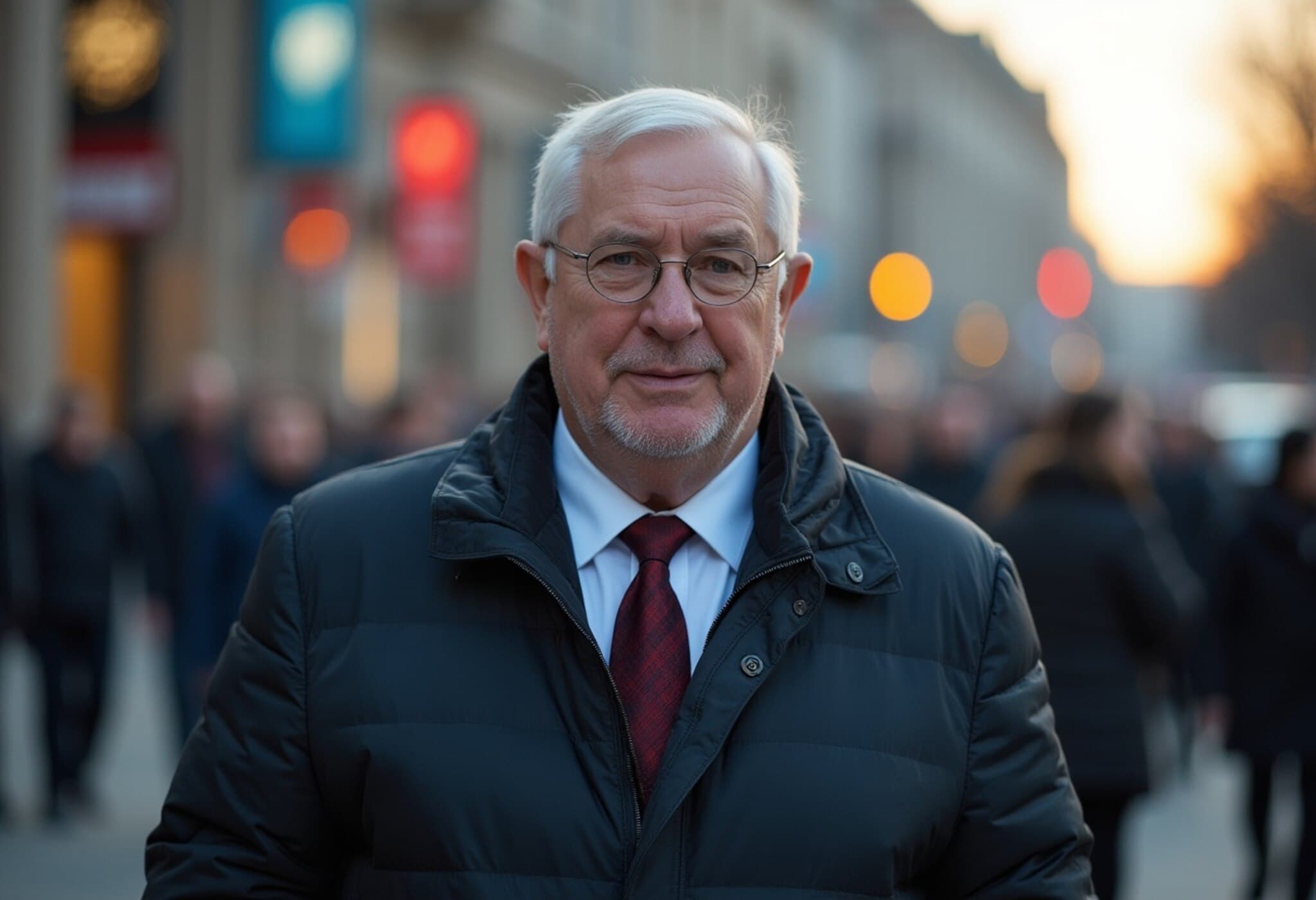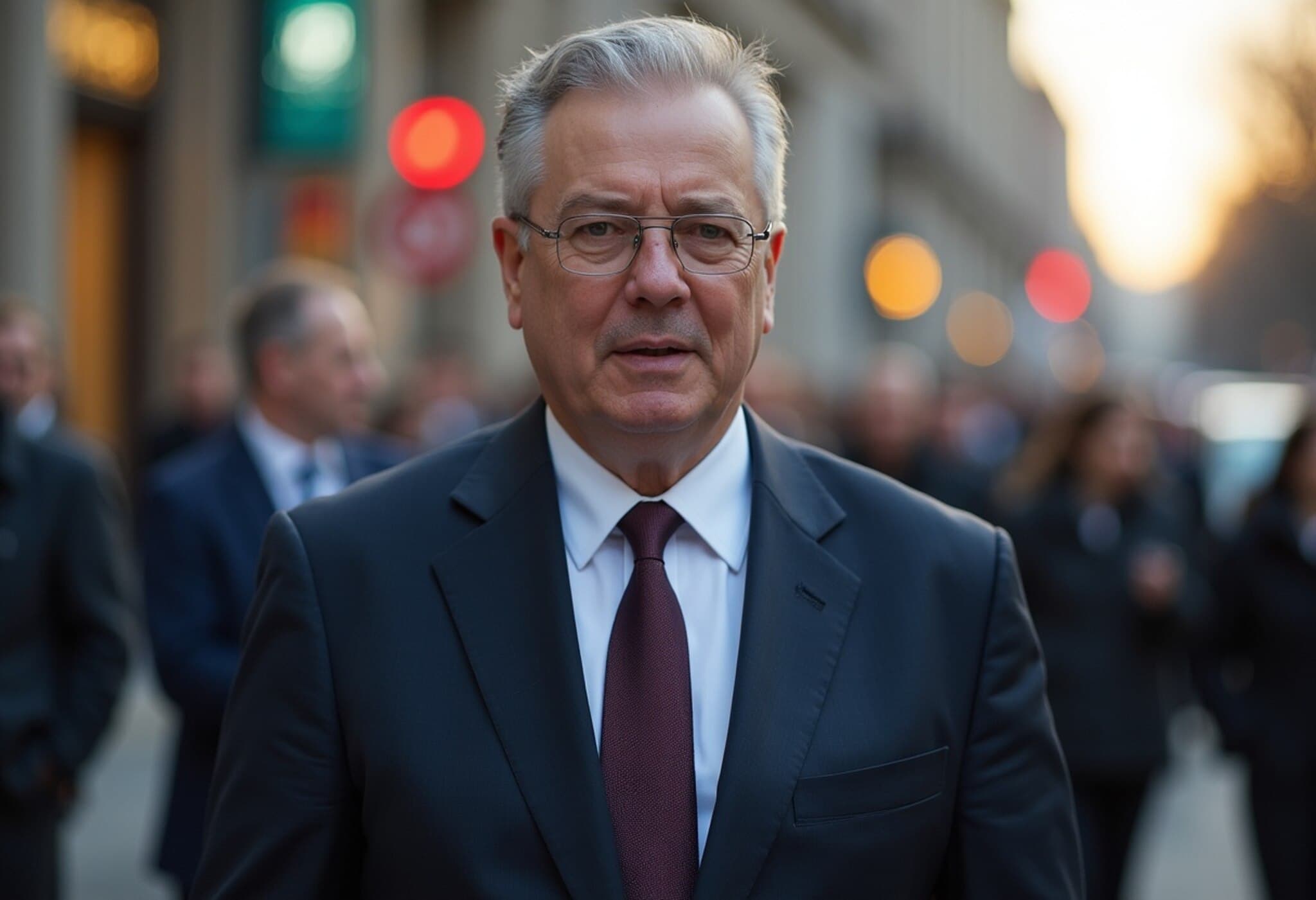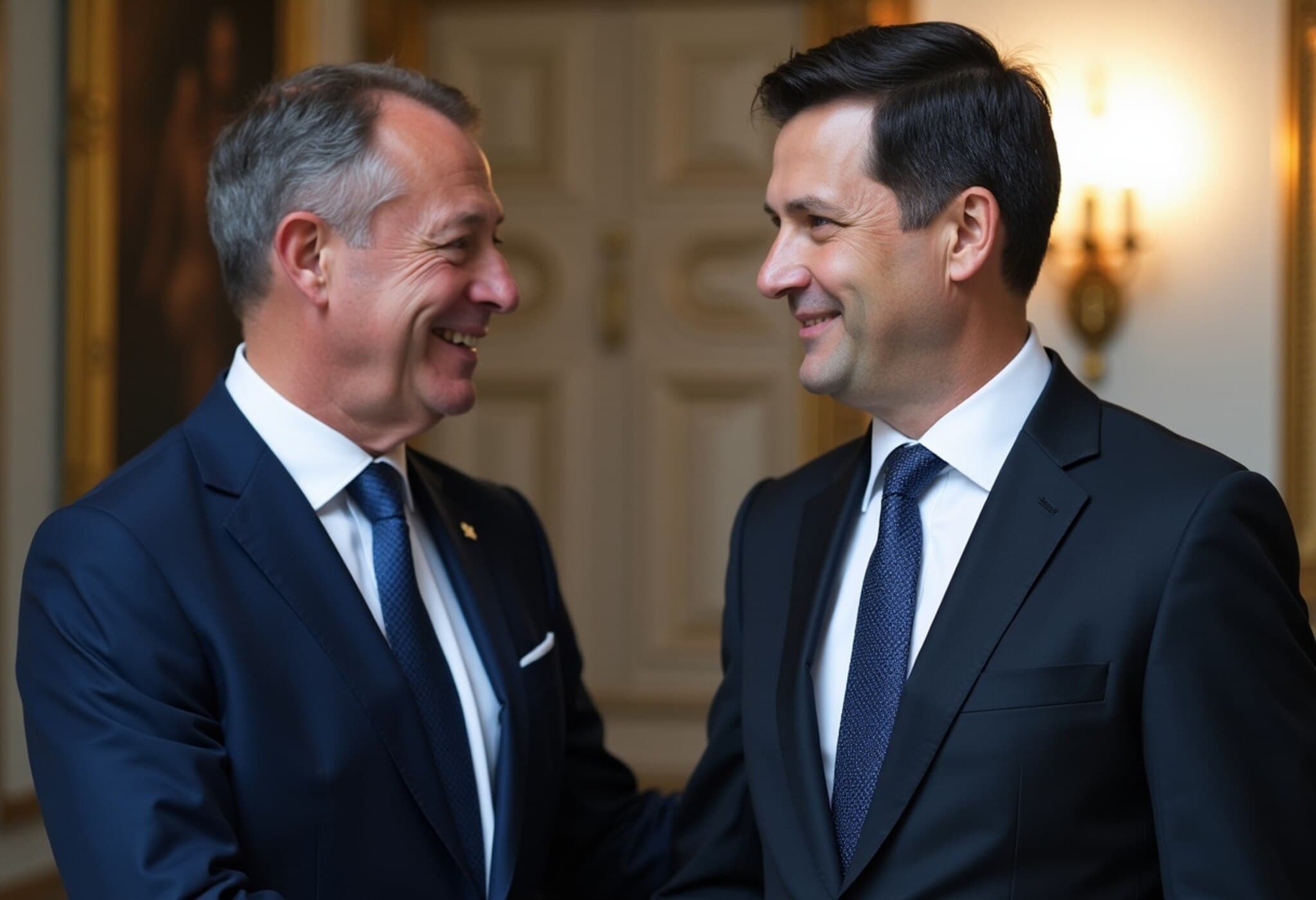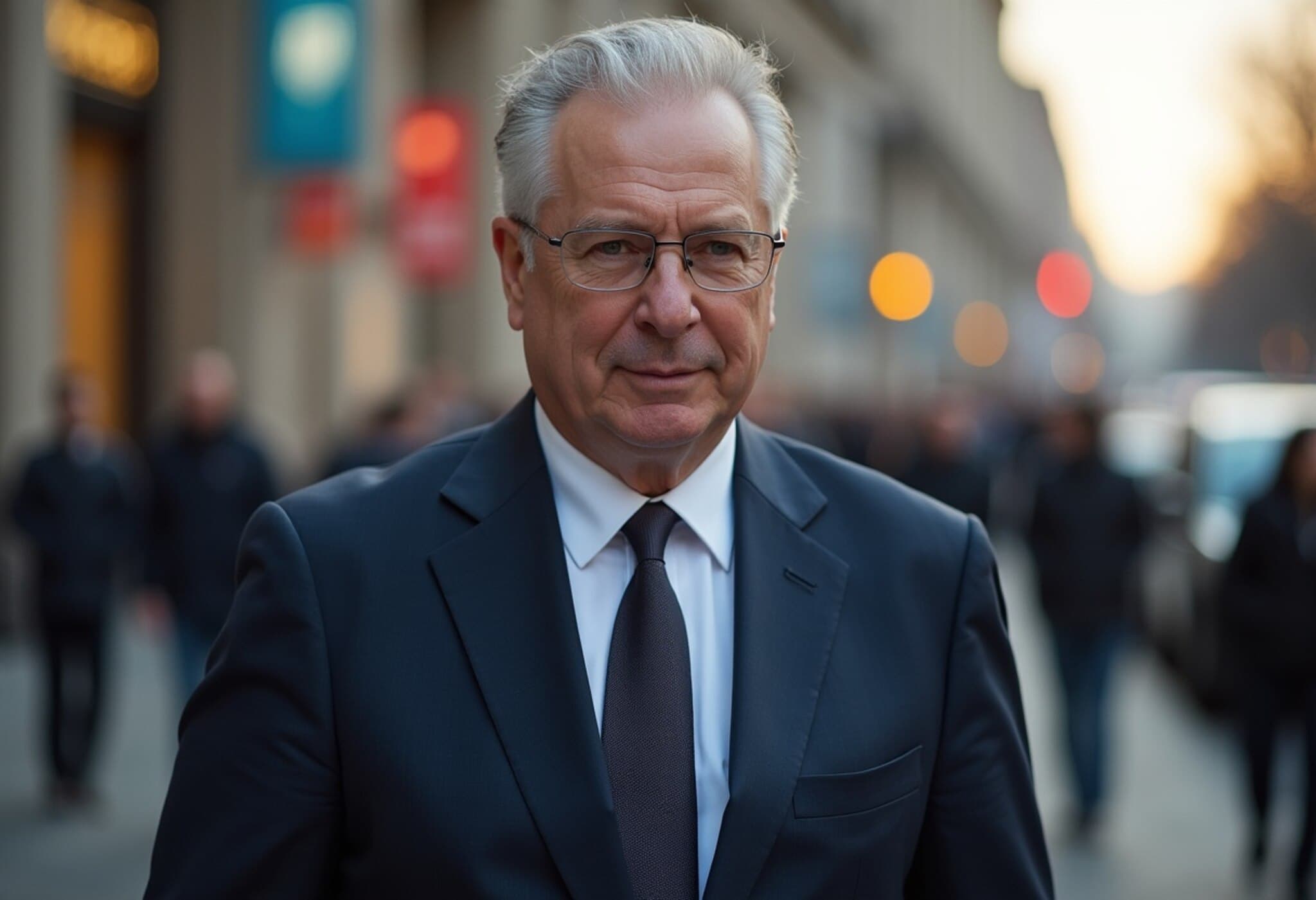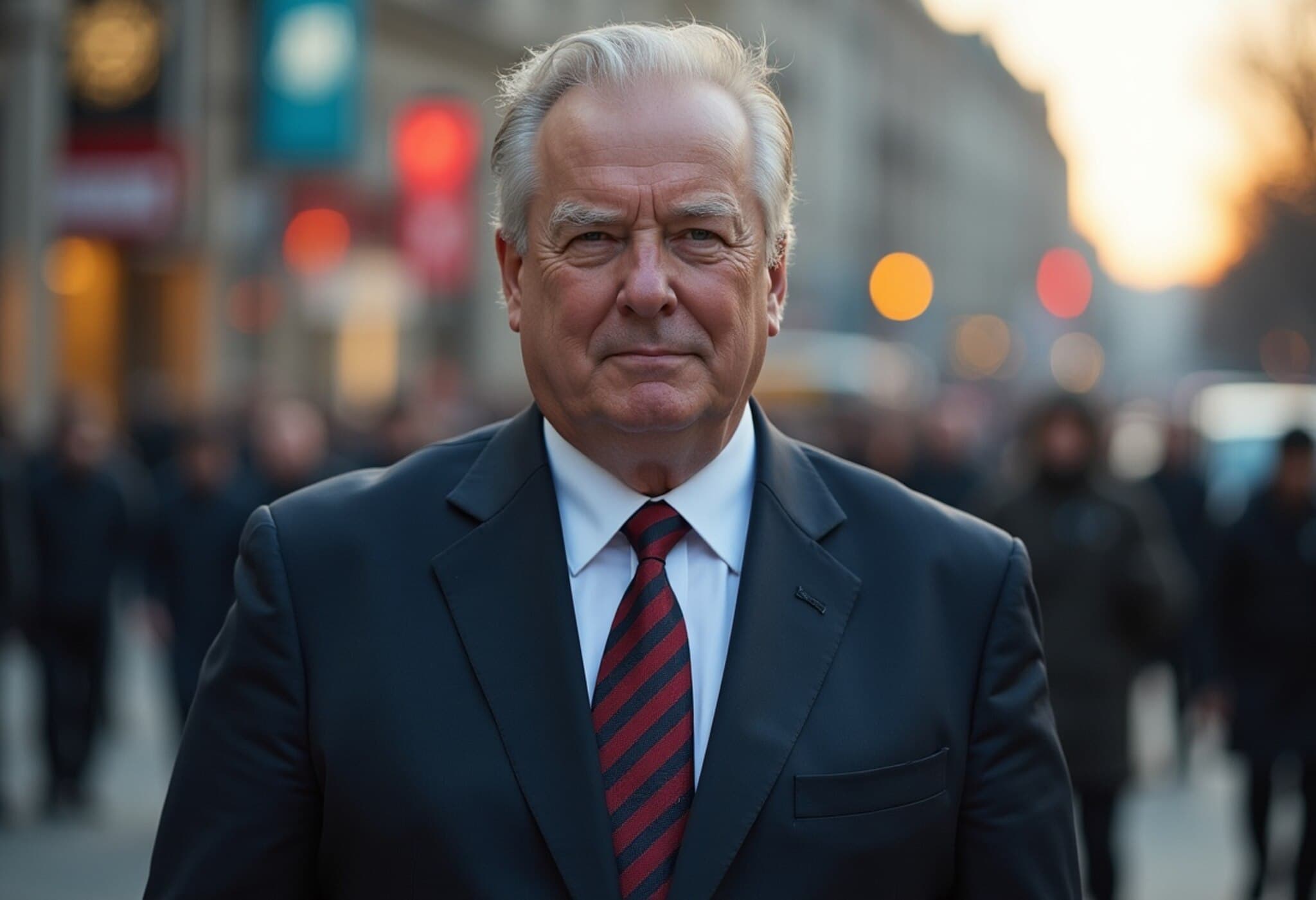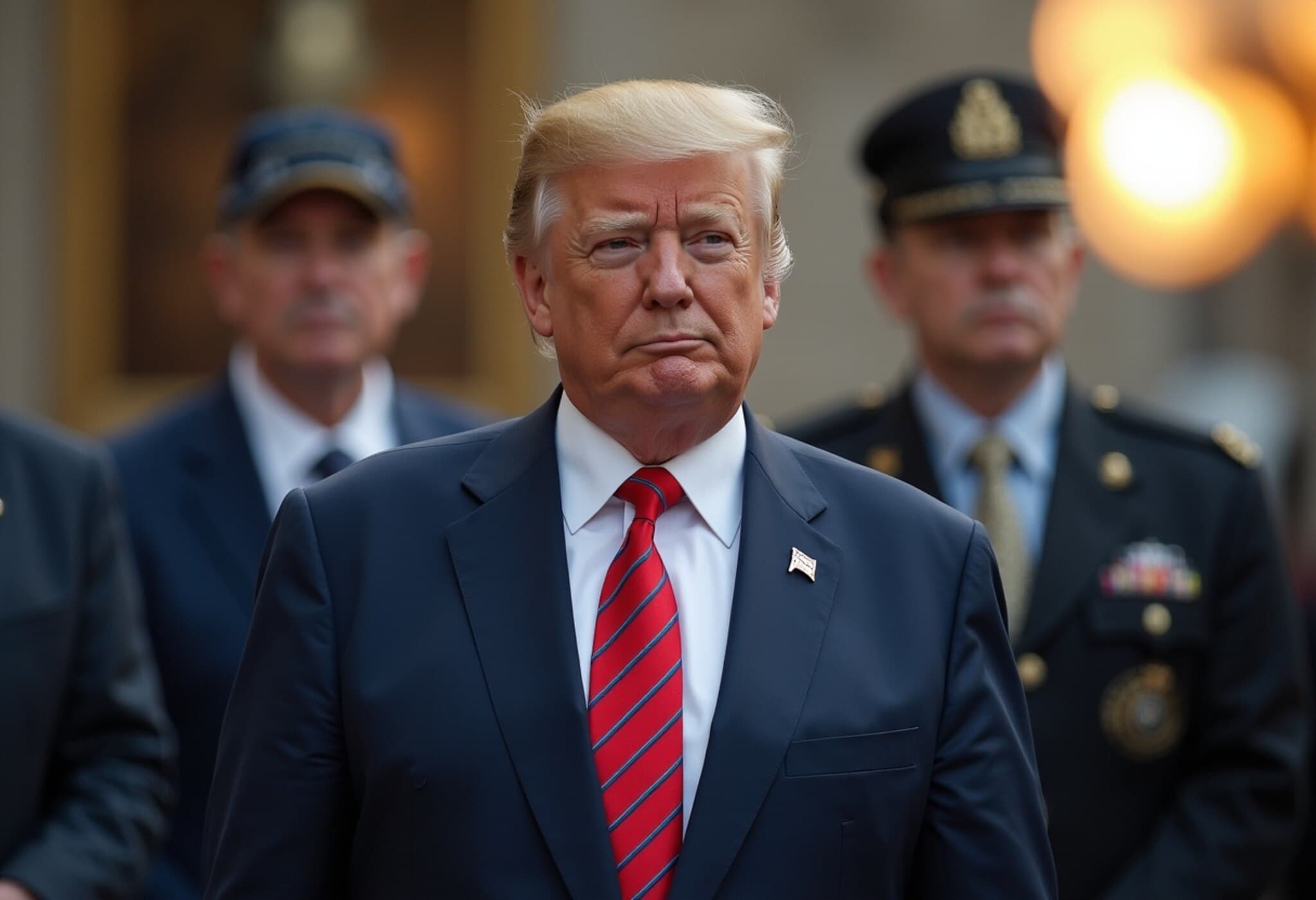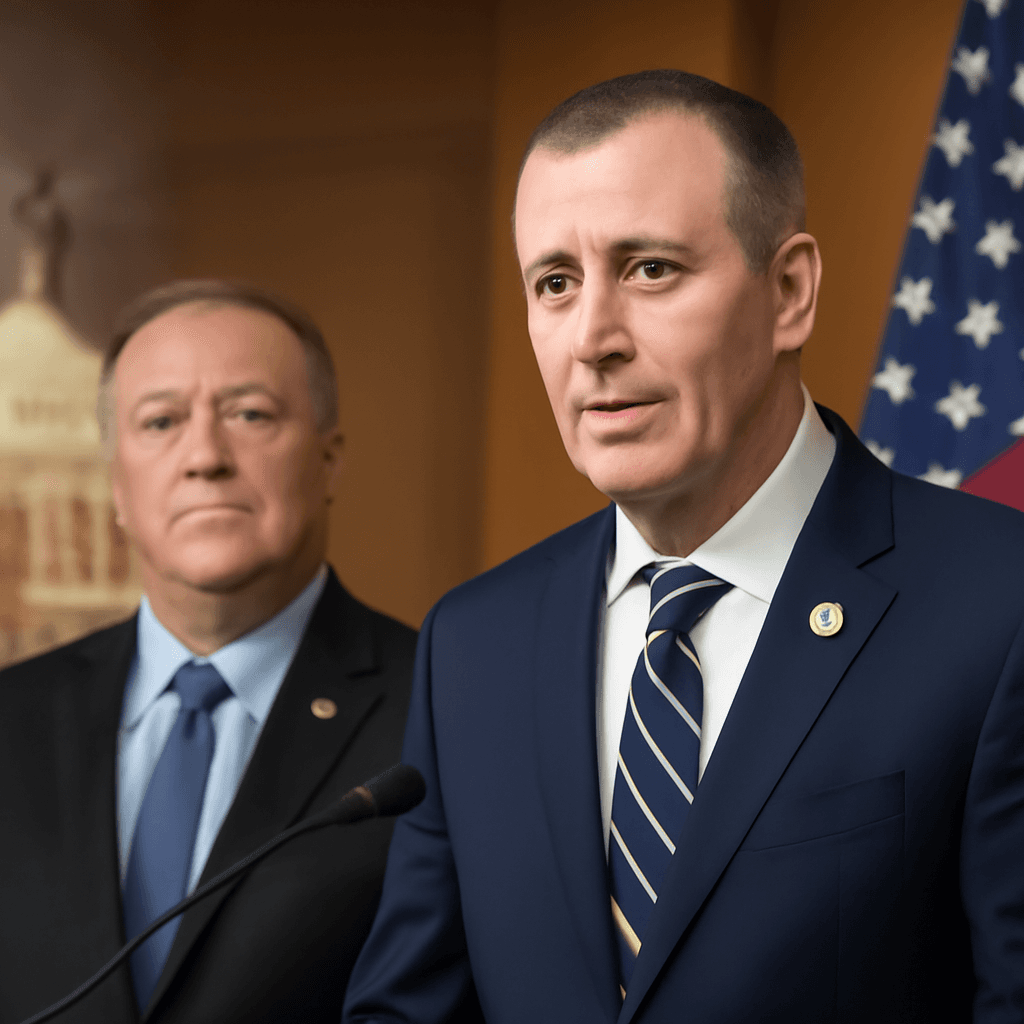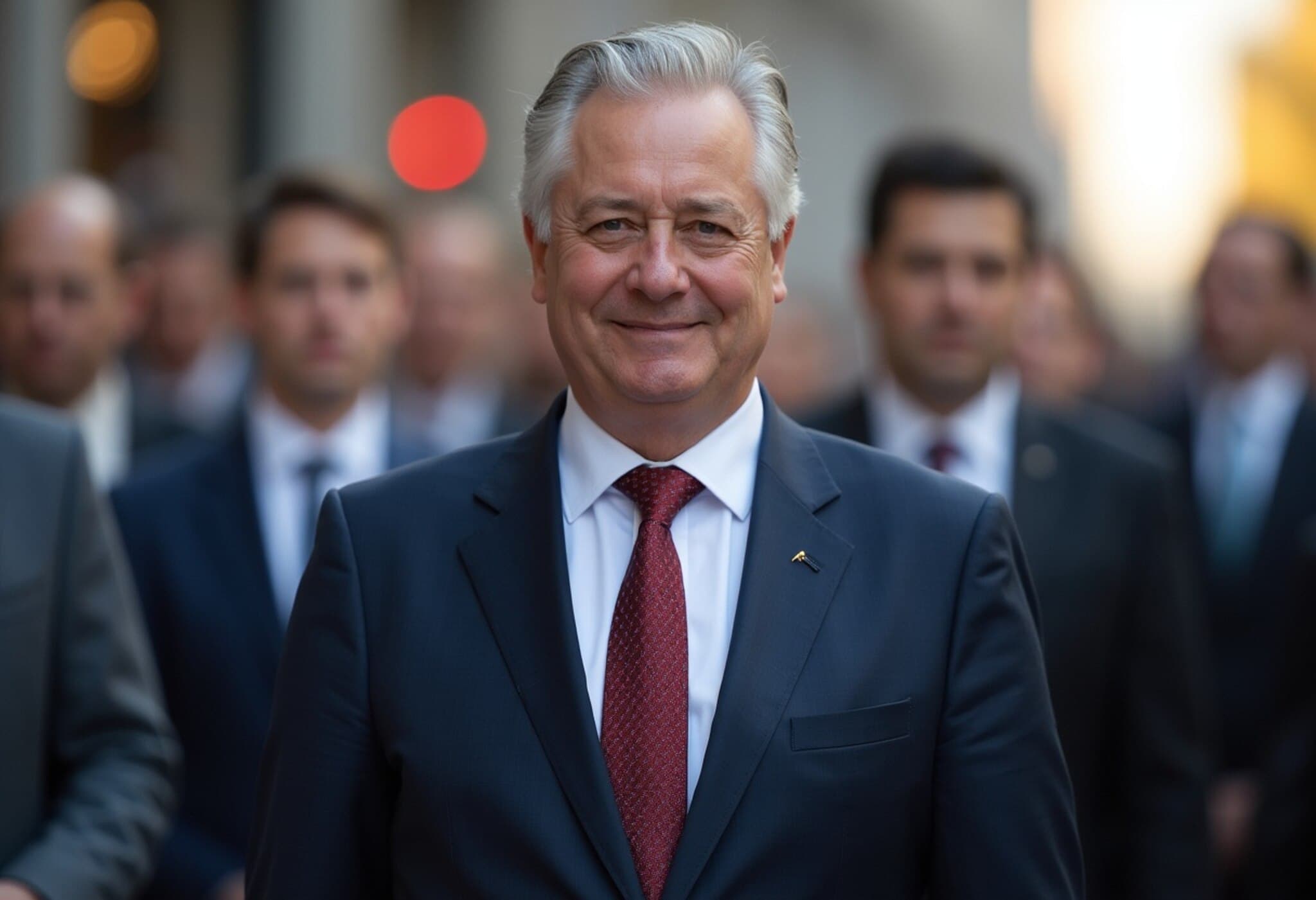Ukraine’s Democratic Fabric Tested Amid Ongoing War and Political Tensions
Nearly three years into the devastating Russia-Ukraine conflict, the battered nation not only grapples with external aggression but increasingly faces internal political turbulence. Recent government crackdowns on critics have ignited fears among activists, politicians, and international observers that Ukraine’s commitment to democratic principles is under strain.
President Zelenskyy Under Scrutiny for Crackdown on Critics
President Volodymyr Zelenskyy, who rose to prominence on promises of reform and transparency, finds himself at a crossroads. Critics argue that, under the mantle of martial law powers, his administration is suppressing dissent and tightening its grip on power. High-profile raids on figures such as former infrastructure minister Oleksandr Kubrakov and anti-corruption campaigner Vitaliy Shabunin have raised eyebrows both domestically and abroad.
Behind the Raids: Corruption Claims or Political Strategy?
- Oleksandr Kubrakov: Targeted for alleged corruption linked to his previous tenure in infrastructure development.
- Vitaliy Shabunin: Accused by authorities of fraudulent activities and dereliction of military duty.
While the government defends these actions as lawful and necessary, opponents highlight a disturbing pattern of silencing critics at a time when transparency is crucial. These developments have sparked debate: Are these measures legitimate law enforcement actions or tools for political consolidation?
The Double-Edged Sword of Wartime Governance
The war has undeniably necessitated extraordinary powers to secure Ukraine’s survival. However, experts warn that prolonged emergencies risk normalizing authoritarian tendencies. The dilution of democratic reforms in favor of executive overreach could leave Ukraine vulnerable to internal fragmentation and weaken its international standing.
Political analyst Dr. Natalia Vasylenko explains, "Wartime exigencies sometimes justify swift decision-making, but without adequate checks and balances, power can concentrate dangerously. This could erode public trust and fuel political instability at a critical juncture."
War Fatigue and Its Impact on Societal Cohesion
According to correspondent Christopher Miller of the Financial Times, prolonged conflict has not only drained Ukrainian society physically but also emotionally. The *weariness* among civilians and soldiers alike creates fertile ground for discontent.
"The authoritarian shift risks triggering internal destabilization," Miller notes. "Russia, meanwhile, aims not only to attack Ukraine through conventional warfare but also to undermine its unity by exploiting internal divisions."
What Lies Ahead: Balancing Security and Democratic Integrity
Ukraine’s struggle illustrates a profound challenge faced by many nations confronting existential threats: how to safeguard national security without sacrificing democratic norms. As the world watches, Ukraine’s leaders must tread carefully, ensuring that efforts to defeat external aggression do not marginalize voices essential for a healthy democracy.
- Will Ukraine’s democracy withstand the pressures of war and political centralization?
- How can international partners support transparency and reform amid ongoing conflict?
- What mechanisms can prevent wartime powers from becoming permanent tools of authoritarianism?
Editor’s Note
The situation in Ukraine underscores a timeless dilemma: the tension between security and liberty. While war imposes extraordinary demands, it also tests the resilience of democratic institutions. Observing these developments through a nuanced lens helps us appreciate the complexities facing Ukraine—not just as a battlefield but as a nation fighting for its democratic soul. As events unfold, sustained vigilance and a commitment to human rights remain essential to ensure that democratic ideals survive beyond the war.

